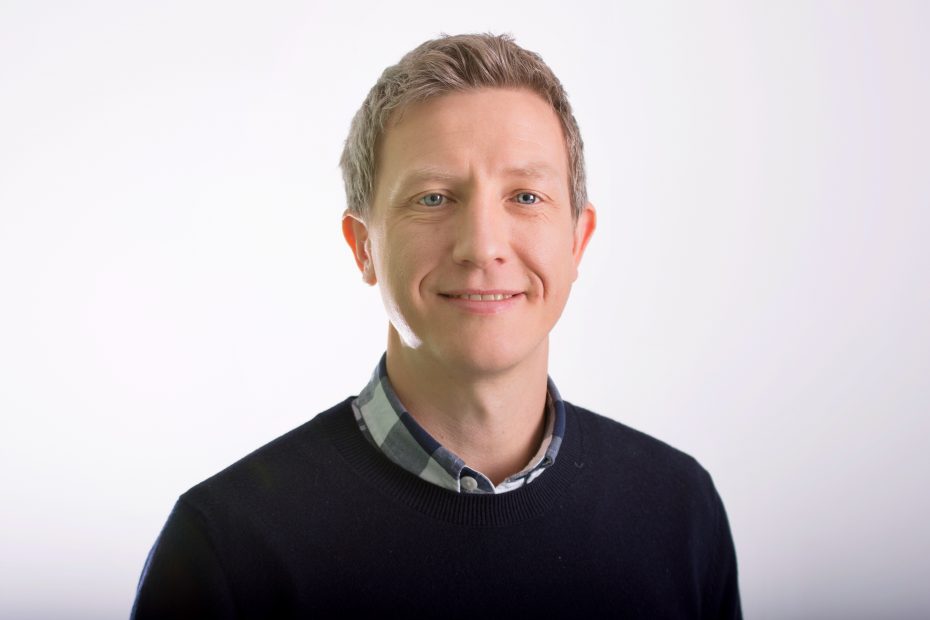We’re proud that Professor Matthew Davies will be the next President of the Environment, Sustainability and Energy Community (ESEC) of the Royal Society of Chemistry (RSC).
The ESEC aims to advance knowledge and application of chemistry relating to the environment, sustainability and energy. It does this by fostering and strengthening links between the academic community, industry, government and policy makers in order to share knowledge, promote discussion and inform policy.
He commented, “In these uncertain climatic and political times, I think the role of the RSC in acting as a trusted voice for the scientific community is more important than ever. The RSC can help us as a community to reap the benefit of global collaboration and aid academia, industry and policy makers work together to solve the problems facing humankind.”
Professor Matthew Davies is a long-established member of SPECIFIC and now Research Lead on SPECIFIC’s Senior Management Team. His research focuses on the characterisation of re-manufactured photovoltaic devices, and aims to embed circular economy principles in future solar cell design. He is passionate about developing sustainable energy sources that minimise use of critical raw materials, which has been a key area of the ESEC’s activity.
Matthew was a member of the ESEC Council from 2016 to 2019, when he co-organised and secured funding for a piece of work on mitigating issues of future wastes. He sat on the resulting working-group to advise the RSC on key issues relating to critical raw materials, and subsequently contributed to the 2021 report “Decarbonisation: materials and circularity challenges for clean technologies, The role of Critical Raw Materials in reaching net-zero emissions.”
His interest in sustainable chemistry goes back to the beginning of his research career, when he studied photochemistry and light-matter interactions. Much of the exciting research in this area was focussed on technologies like photovoltaics or low-energy light-emitting materials for lighting and displays, which are a key part of our sustainable future.
In 2010, in his first post-doctoral position at Bangor University, he started researching dye-sensitised solar cells. Around the same time, he visited the University of KwaZulu-Natal in South Africa for the first time – where he now has an Honorary position – and this kindled an interest in the potential benefits of using printable photovoltaics for rural electrification and sustainable development.
Renewable energy technologies are viewed as ‘green’ but in reality – while they are a vast improvement on their fossil fuel counterparts – they are not yet truly sustainable renewable energy technologies: they rely on metals and critical raw materials, which will quickly run out if we do not find ways to recover and reuse them at the end of products’ lives.
Read more in Professor Matthew Davies’s article for The Conversation “Solar panels: we need to recycle parts of them to use again and avoid a mountain of waste.”
Watch our webinar presented by Professor Matthew Davies and Dr Rhys Charles on Circular Economy & Solar Cells: Use, Reuse & Recycling.
